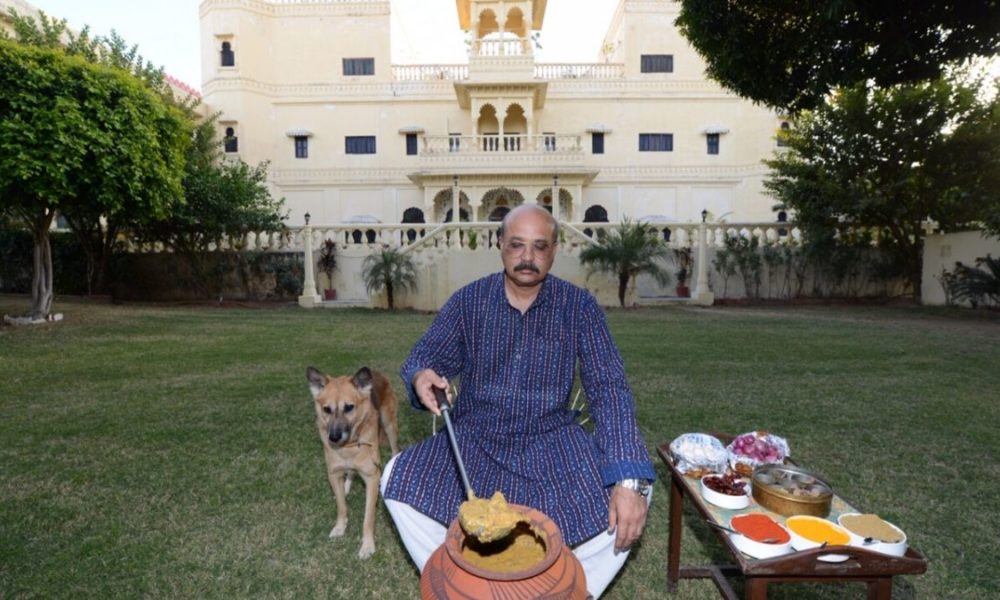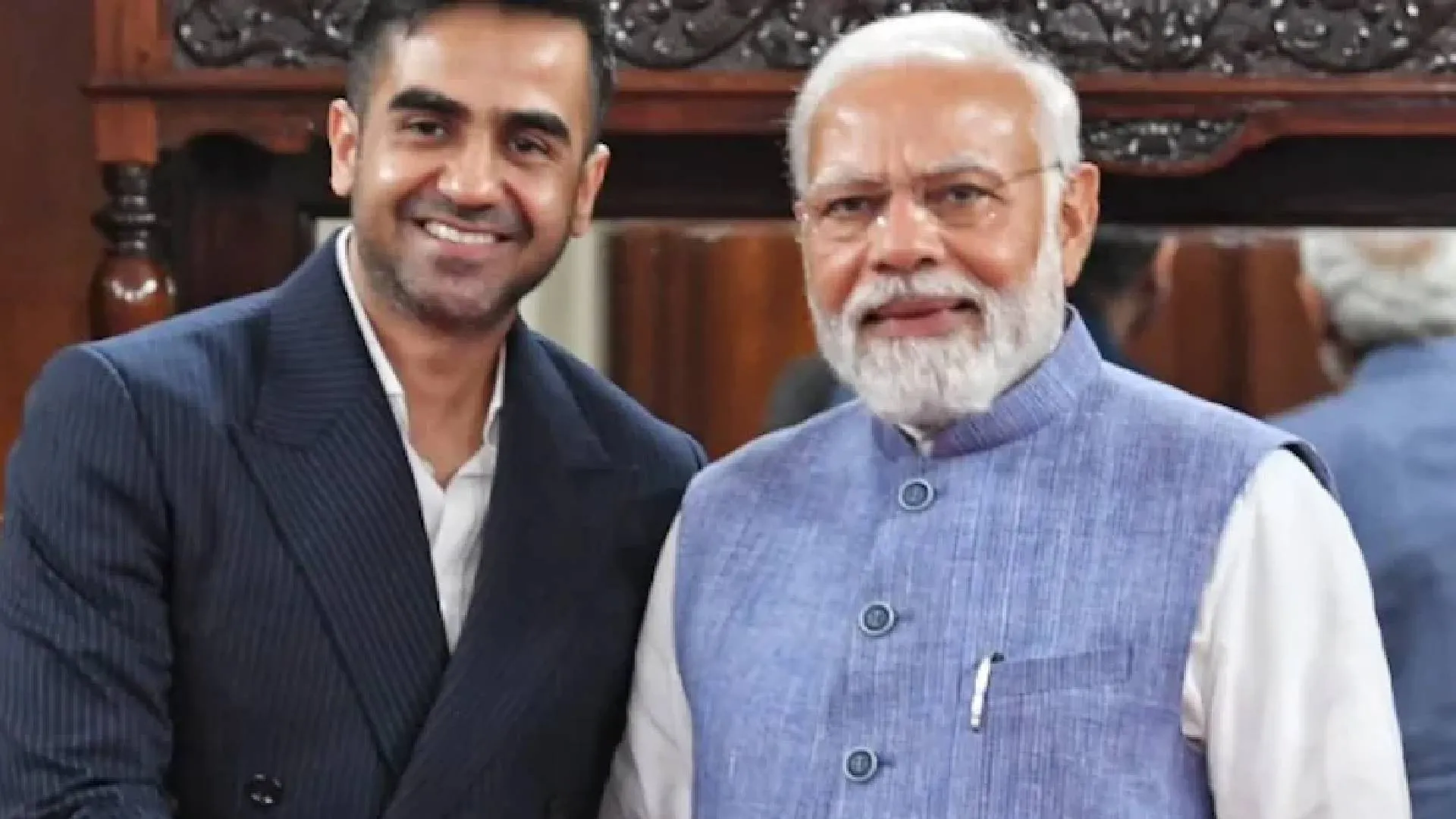Jodhpur, one of the most majestic cities of Rajasthan, is home to many forts, havelis and palaces, resided in by nobilities who were connected to the Jodhpur royal family in more ways than one. Some led the army; others sat in court while many ruled over large clusters of villages that existed within the borders of Marwar, flanked by Udaipur on one side and Jaisalmer on another.
One such family is the Jhalamands, a noble family that belong to the Sisodia clan. They made their way from Udaipur to Jodhpur in the 18th century. So great was their bravado that as a gesture of gratitude their ancestor, Thakur Gambhir Singh, was gifted the Jhalamand jagir, including the Garh built by the Jhala Rajputs, by Maharaja Takht Singh of Jodhpur in 1840.
A majestic yet warm fort that has a lived in feel, it is now home to Sarkar Saheb Raghavendra Pratap Singh and his wife Thakurani Devyani Singh. Tucked away in the middle of a village, surrounded by well manicured gardens and flanked by an arched façade in yellow sandstone, the Garh is run like a hotel which Raghavendra shares is more like a “homestay”.
“We like to make each guest feel like they have come to our home,” he says. And while in their home there are two things guests can revel in. Bask in the majestic glory of the Marwari horses bred by the family, and enjoy the spectacular cuisine that the couple oversee and often cook themselves. Marwari horses, temperamental, drop dead gorgeous and tough nuts were originally used in the battlefield. Says Raghavendra, “Maharana Pratap Singh ji’s famous horse Chetak was also a Marwari.”
As were many other horses bred in Jhalamand in the past. “My great grandfather was ADC to Maharaja Umaid Singh of Jodhpur. Many Marwari horses fought for the army.” Today the Marwari horse is bred as a stud and used for dressage. “Though they are too moody to play polo”, they are champions at pig-sticking (a sport where men hunted wild boars with a lance, mounted on a horse).
“These horses can run miles and are very resilient,” he informs. A fact that prompted him to flag off an endurance run in 1998 to commemorate the 50th birthday of Maharaja Gaj Singh of Jodhpur. Horses run 20, 40, 80 or 100 km. Winning is based on the shortest time taken by a horse to complete a stipulated distance. “The endurance run is a muchawaited sport in the Jodhpur calendar. Many nobles breed Marwari horses and for us it is a way to share the pride we have in the breed.” He is thrilled at how the sport has picked up.
And the fact that, “many Marwari horses have run and won the 100 km race.” Like his best racer, Benazir, who was grandmother to his current dote, Sarang, a horse he is grooming to be a stud. Raghavendra’s other love — cooking — manifests itself in the great spreads his guests are treated to. The family cooks royal Marwari cuisine. “But there are traces of Mewar (his mother hailed from there) and Madhya Pradesh (where his wife comes from).”
A desert state, Jhalamand relied a lot on grains, dehydrated vegetables that were “dried in monsoons and then eaten through the year. We still dry mushrooms, Ker sangria, chilis, amla”. “Soak them in water and they are good as new. The Jhalamands are known for their unique Muttu Shahi Laal Maas.” “Muttu was my father’s pet name and he cooked this meat dish in the most unique manner where he mixed all the ingredients, including the oil, and let them simmer together,” he says. Their Dakhni Gatta too is with a twist.
“We first cook the besan and then steam it.” With grains he makes chakki ke sule (Otherwise a meat recipe). Even lauki ke sule! There are unique recipes that the Singhs add their own twist to. But the one ingredient that makes a stay at their Garh truly special is the sheer warmth with which they cook your meal, chatting with you, regaling you with tales of yore, filling you up with the finest course of verbal tales from their glorious past.






















